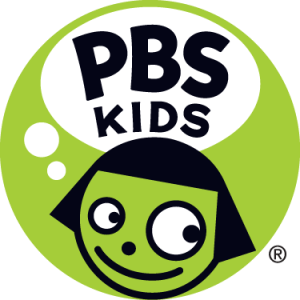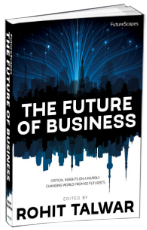 Gamification is a popular buzzword among futurists these days.
Gamification is a popular buzzword among futurists these days. But it’s far more than a fad. Gamification is pretty much the process of allowing learning and innovation to piggyback on people’s natural predilection for seeking enjoyment through play and skill mastery. Win-win in other words.
Earlier this year I attended two different events that prove games are moving way past the socially deviant designs that could thrive only in the dim, dirty bedrooms of anti-social adolescent boys.
First, I was invited to attend the launch of
PBS KIDS's and
CPB’s (Center for Public Broadcasting) “
It All Adds Up” program. PBS, known to provide high-quality programming for children, has carried out a study revealing that young children are not receiving adequate support for learning early math skills. This deficit is particularly significant in lower-income families. Since math skills at kindergarten entry is an even stronger predictor of school achievement than reading skills, entertainment that fosters this ability early on could improve educational outcome later in life.
 Most personal insolvencies these days are caused by expenses related to the two service industries we depend on the most in our modern society – healthcare and education. And not surprisingly some of the most disruptive technological and social innovations are happening in these two areas as well.
Much of the skyrocketing healthcare costs in the United States have been attributed to lack of preventative care. Obesity rates have climbed in response to insufficient physical exercise and nutritional ignorance or at least by our slant toward self-deluding eating habits. Health monitoring and simple checkups add to the costs and time spent in doctor’s offices.
Most personal insolvencies these days are caused by expenses related to the two service industries we depend on the most in our modern society – healthcare and education. And not surprisingly some of the most disruptive technological and social innovations are happening in these two areas as well.
Much of the skyrocketing healthcare costs in the United States have been attributed to lack of preventative care. Obesity rates have climbed in response to insufficient physical exercise and nutritional ignorance or at least by our slant toward self-deluding eating habits. Health monitoring and simple checkups add to the costs and time spent in doctor’s offices.




